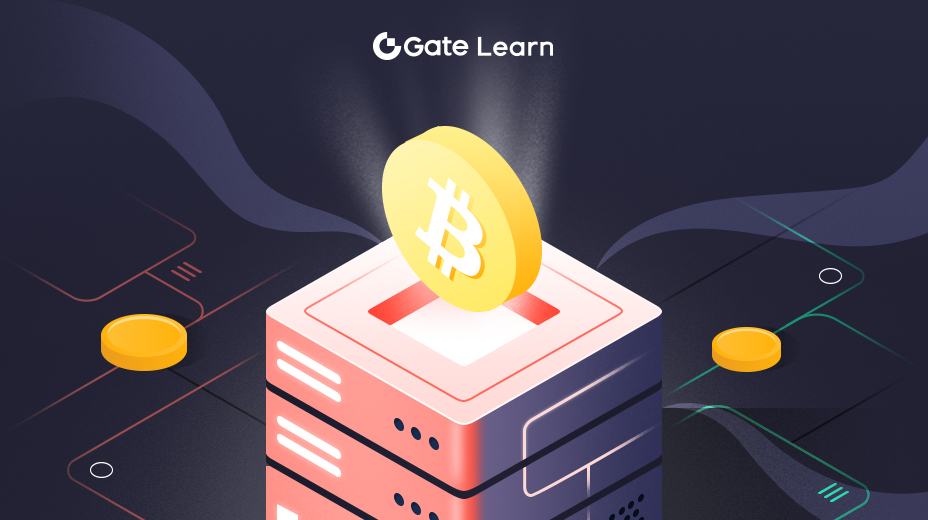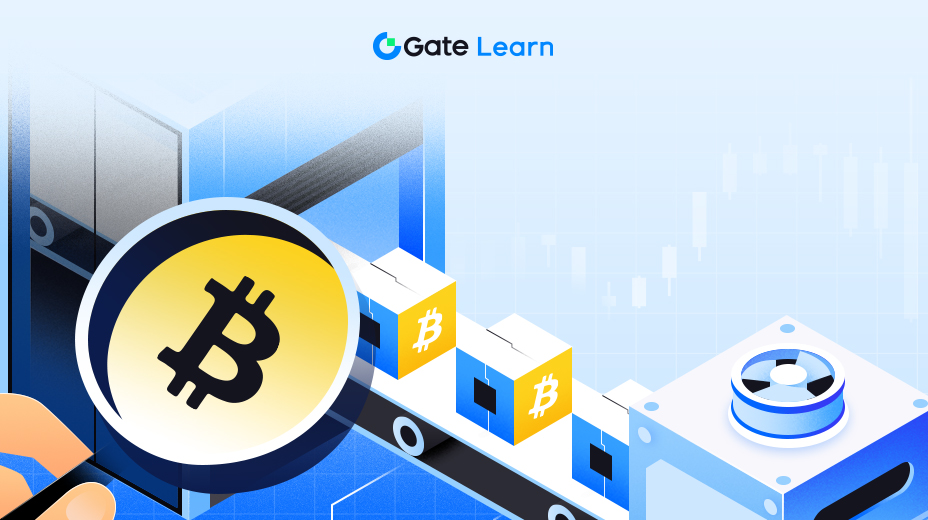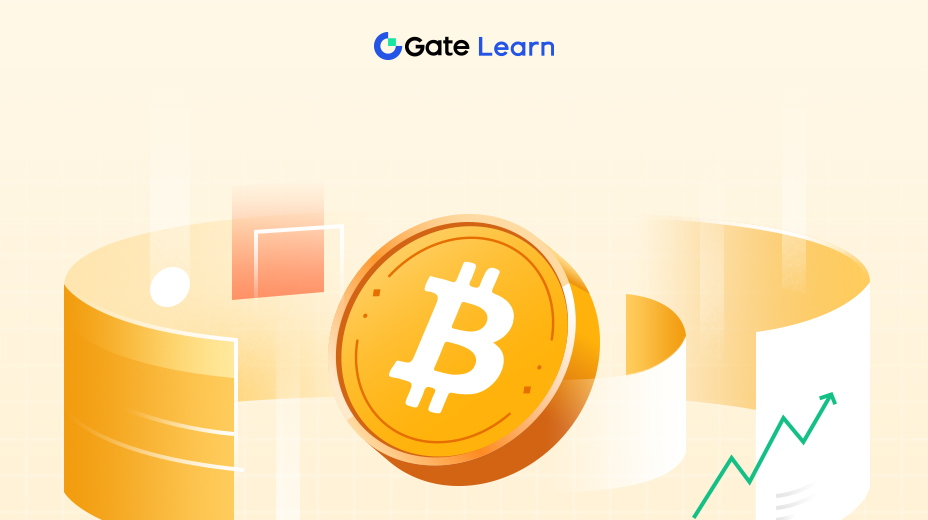Технічна архітектура CANTO
У цьому модулі ми розглянемо основну технічну архітектуру Canto, зосереджуємося на тому, як він використовує Cosmos SDK та Ethermint для досягнення сумісності з EVM. Ми дослідимо механізм майнового підтвердження (PoS) Canto, роль перевіряючого та міжланцюжкову протоколу зв'язку (IBC), який забезпечує взаємодію між блокчейнами. Цей розділ розкриє технічну основу Canto та покаже, як він забезпечує безпеку, масштабованість та взаємопов'язаність в сфері децентралізованих фінансів (DeFi).
Основна технічна структура
Canto призначений для надання DeFi безкоштовної громадської інфраструктури як децентралізованого та не ліцензованого блокчейну. Для досягнення цієї мети архітектура Canto використовує переваги Cosmos SDK та Ethermint, поєднуючи модульну структуру Cosmos з сумісністю з віртуальною машиною Ethereum (EVM). Ця технічна основа забезпечує Canto як масштабованість, так і інтероперабельність, дозволяючи розробникам розгортати сумісні з Ethereum розумні контракти в безпечному та децентралізованому середовищі.
Cosmos SDK

перепроектувати
Cosmos SDK - це відкритий фреймворк для побудови масштабованих блокчейнів для конкретних додатків. Його модульна структура дозволяє проектам, таким як Canto, налаштовувати функціонал блокчейну та користуватися перевагами мережевої безпеки та взаємодії, які вже є в екосистемі Cosmos. За допомогою Cosmos SDK, Canto може зосередитися на досягненні місії децентралізації та громадського доступу, створивши водночас стійку, ефективну та гнучку унікальну децентралізовану фінансову екосистему (DeFi).
Основні функції набору розробки Cosmos в Canto
- Модульний дизайнCosmos SDK використовує модульний дизайн, щоб Canto міг гнучко інтегрувати та налаштовувати функції блокчейну, такі як управління, стейкінг та управління обліковими записами, ідеально вписуючись у свою візію "безкоштовної громадської інфраструктури".
- Основа TendermintВбудований у SDK ядро Tendermint є двигуном консенсусу з помилкозахисною можливістю (BFT), що забезпечує швидку підтвердження транзакцій та високу пропускну здатність. Це допомагає Canto здійснити подвійне обіцяння щодо швидкості та безпеки, ефективно обробляючи транзакції зі збереженням децентралізації.
- Міжланцюжкове взаємодія (IBC):Як член екосистеми Cosmos, Canto може безперешкодно взаємодіяти з іншими блокчейнами, що підтримують IBC (наприклад, Cosmos Hub), що дозволяє користувачам вільно переміщувати активи та дані між ланцюжками.
Завдяки використанню Cosmos SDK, Canto здатний швидко розгортати та масштабувати свою систему, забезпечуючи її стійкий розвиток у відповідності з потребами користувачів.
Ethermint: сумісність з EVM CANTO
Ethermint - це платформа, сумісна з Ethereum, побудована на базі Cosmos SDK, що дозволяє Canto запускати інтелектуальні контракти Ethereum. За допомогою Ethermint Canto забезпечує сумісність з віртуальною машиною Ethereum (EVM), що дозволяє розробникам безпосередньо розгортати розумні контракти на основі Solidity на платформі Canto. Ця функція робить Canto дуже привабливим для розробників та користувачів, які знайомі з екосистемою Ethereum та додатками DeFi.
Основні переваги Ethermint в CANTO
- Сумісність з EVMЗа допомогою Ethermint, Canto може виконувати смарт-контракти, сумісні з Ethereum, що дозволяє децентралізованим додаткам (dApps) на основі Ethereum безпосередньо розгортатися на Canto без необхідності великих змін коду. Ця сумісність дозволяє розробникам Ethereum легко мігрувати та сприяє розвитку міжланцюжкових dApp.
- Масштабованість та ефективністьEthermint робить обробку транзакцій Canto ефективнішою, ніж це робиться на головній мережі Ethereum. Завдяки перевагам продуктивності Cosmos SDK, Canto може виконувати EVM смарт-контракти швидше й за менші кошти.
- Розширена екосистема розробниківСумісність з EVM дає Canto доступ до багатої екосистеми інструментів, бібліотек і середовищ розробки Ethereum. Розробники можуть створювати та використовувати dApps на Canto за допомогою знайомих інструментів, таких як MetaMask, Truffle і Remix.
За допомогою Ethermint, Canto забезпечує безшовне з'єднання екосистем Ethereum та Cosmos, що дозволяє користувачам та розробникам отримувати доступ до більш різноманітних додатків DeFi в єдиній каркасі.
Міжланцюгова взаємодія та комунікація
Однією з важливих переваг поєднання Cosmos SDK і Ethermint в Canto є можливість взаємодії з мережами Ethereum та Cosmos-based. За допомогою протоколу міжланцюжкової комунікації (IBC), Canto може підключатися до інших блокчейнів, що підтримують IBC, для забезпечення безпечного перенесення активів та обміну даними між ланцюжками. Ця можливість відповідає місії Canto надавати доступ до DeFi сервісів, дозволяючи активам рухатися безперешкодно між Canto та іншими популярними мережами, такими як Cosmos Hub та Ethereum.
Переваги міжланцюжковості
- Ліквідність активів:Користувачі можуть вільно переміщувати активи між всіма підтримуваними блоціні, що підтримують IBC, щоб мати змогу отримувати доступ до різноманітних DeFi сервісів через ланцюгові.
- Покращені можливості DeFi:Забезпечивши переклад активів між ланцюжками, Canto надає користувачам нові можливості DeFi, включаючи ліквідність на багатьох ланцюжках, можливості позик та застави, що робить платформу привабливішою для ширшого кола користувачів DeFi.
Доказ про права та безпека перевіряючого
Canto працює на основі механізму засвідчення прав (PoS), який є основою його безпеки та децентралізації. У відмінність від механізму роботи (PoW), який вимагає від гірників розв'язування складних обчислювальних задач для підтвердження транзакцій, PoS залежить від валідаторів, які беруть участь у мережі, ставлячи на ставки токени CANTO. Ця модель ставки не тільки енергоефективна, але й дозволяє Canto забезпечити швидкі транзакції при збереженні безпеки та децентралізації.
Обов'язки валідатора включають перевірку транзакцій, створення нових блоків та забезпечення цілісності блокчейну. У моделі PoS Canto валідатори вибираються залежно від кількості залучених їм токенів CANTO. Оскільки економічні інтереси валідаторів тісно пов'язані з успіхом мережі, такий механізм залучення коштів діє як ефективний стимул для чесної поведінки.
- Верифікація транзакцій: Валідатори обробляють і перевіряють транзакції, гарантуючи, що вони точні та відповідають історії блокчейну. Цей процес перевірки запобігає подвійним витратам та іншим зловмисним діям.
- Створення блоків: Валідатори відповідають за створення нового блоку та його додавання до блокчейну. Через безпечний та децентралізований процес вони забезпечують цілісність блокчейну та запобігають його підробці або несанкціонованим змінам.
- Участь в консенсусіВалідатори беруть участь у процесі консенсусу, голосуючи за валідність транзакцій та блоків. Коли більшість валідаторів приймає спільне рішення, новий блок додається до ланцюжка. Ця децентралізована модель консенсусу гарантує, що жоден окремий валідатор не може контролювати мережу.
Через ці обов'язки валідатори відіграють ключову роль у забезпеченні безпеки, підтриманні децентралізованості та забезпеченні прозорості та незмінності транзакцій в мережі CANTO блокчейн.
Валідатори отримують винагороду за забезпечення безпеки мережі Canto, оплачуючи її за допомогою токенів CANTO, що вони ставлять у заставу. Ці винагороди надають валідаторам стимул працювати в інтересах найкращої роботи мережі, оскільки недобросовісна поведінка може призвести до покарання або втрати заставних токенів.
Крім перевіряючих, модель PoS Canto також дозволяє делегатам брати участь у процесі забезпечення. Делегати - це власники токенів CANTO, які не працюють безпосередньо на вузлі перевіряючого, вони можуть делегувати свої токени CANTO надійним перевіряючим, тим самим вносячи вклад у безпеку мережі та отримуючи винагороду за забезпечення.
- підвищення децентралізації: Механізм делегування дозволяє більшій кількості власників токенів підтримувати безпеку мережі, розподіляючи владу серед більшої кількості учасників для підвищення рівня децентралізації.
- Залучення громадиДоручення дозволяє членам спільноти, які, можливо, не мають технічних можливостей або ресурсів для запуску вузлів перевірки, все ж можуть внести свій внесок у безпеку мережі та отримати винагороду.
- Система відповідальності перевіряючого: Оскільки делегатори можуть вибирати, яких валідаторів підтримувати, валідатори заохочуються діяти відповідально та підтримувати хорошу репутацію в спільноті. Якщо делегатор вважає, що валідатор не відповідає інтересам мережі, він може відкликати свою підтримку цього валідатора.
взаємодія
Інтероперабельність - це основний камінь, на якому ґрунтується дизайн Canto, що дозволяє йому безшовно поєднуватися з іншими блокчейн мережами та розширювати охоплення свого децентралізованого екосистеми. Завдяки використанню протоколу міжланцюжкової комунікації (IBC) Canto забезпечує безпечну міжланцюжкову комунікацію, переказ активів та обмін даними з іншими ланцюжками, що підтримують IBC (наприклад, ланцюжки в екосистемі Cosmos та інші блокчейни ширшого спектру).
Крім того, Canto завдяки сумісності з EVM, реалізованої через Ethermint, може безперешкодно взаємодіяти з екосистемою Ethereum, підтримуючи розумні контракти Ethereum та децентралізовані додатки (dApps). Ця подвійна взаємодія робить Canto мостом між Cosmos та Ethereum, що дозволяє користувачам отримати доступ до широкого спектру послуг та додатків у сфері децентралізованих фінансів (DeFi).
IBC в CANTO має основні функції
- Передача токенів:IBC забезпечує безпечний переказ токенів між CANTO та іншими ланцюгами, які підтримують IBC. Ця функція значно покращує ліквідність екосистеми шляхом сприяння двосторонньому руху багатоланкових активів.
- Функція міжланцюжкового додатка (dApp)Підтримка міжланцюгового зв'язку IBC дозволяє децентралізованим додаткам працювати в різних мережах. Наприклад, додаток на Canto може використовувати дані та активи інших ланцюгів, сумісних з IBC, для надання міжланцюгових послуг з фінансів.
- Майбутня взаємодіяУ міру того, як IBC використовується більшою кількістю блокчейнів, Canto отримає можливості для зростання, підключившись до цих блокчейнів для створення ширшої екосистеми DeFi та блокчейн-додатків.
IBC дозволяє Canto бути частиною ширшої екосистеми блокчейну, полегшує міжланцюгову співпрацю та забезпечує інноваційні варіанти використання DeFi у кількох блокчейнах.

Безкоштовна громадська інфраструктура
Філософія Canto в децентралізованих фінансах (DeFi) заснована на «Вільній публічній інфраструктурі» (FPI), яка гарантує, що основні DeFi-сервіси залишаються відкритими, доступними, не стягують комісію та не впроваджують зняття орендної плати. На відміну від традиційної фінансової системи і навіть багатьох DeFi-проектів, які стягують плату за базові послуги, модель вільної публічної інфраструктури Canto усуває ці витрати, надаючи користувачам безперешкодний доступ до децентралізованих бірж, ринків кредитування та стабільних систем активів. Надаючи пріоритет моделі суспільної корисності, Canto виконує свою місію з побудови по-справжньому демократичної та інклюзивної фінансової екосистеми.
Модель безкоштовної громадської інфраструктури Canto ґрунтується на кількох основних принципах, які спрямовані на зменшення залежності від посередників та запобігання централізованому контролю. Ці принципи включають в себе:
- Безкоштовний доступ: Основні DeFi-сервіси Canto, такі як децентралізовані біржі (DEX) і ринки кредитування, абсолютно безкоштовні. Ця структура з нульовою комісією гарантує, що всі користувачі, незалежно від їхнього економічного походження, можуть користуватися послугами DeFi, не зазнаючи впливу високих транзакційних витрат.
- Нейтральна та непатентована інфраструктураІнфраструктура Canto не використовує токени управління або ексклюзивні механізми контролю, що може нахилятися на користь великих зацікавлених сторін. Ця нейтральність гарантує, що жодна окрема сутність не зможе контролювати або впливати на основні послуги, забезпечуючи справедливу та рівноправну екосистему.
- дезцентралізована операціяЗняття централізованого регулювання дозволяє CANTO пропагувати спільнотно-орієнтований підхід до надання безкоштовної громадської інфраструктури, який дозволяє користувачам брати участь у екосистемі без зовнішнього втручання. Цей децентралізований підхід сприяє прозорості, автономності та безпеці у всіх послугах.
Режим FPI від Canto, завдяки перевагам у кількох аспектах, робить його доступною та інклюзивною платформою DeFi:
- Покращена доступністьЧерез усунення витрат на операції та інші перешкоди Canto FPI робить DeFi доступним для всіх, незалежно від економічного статусу. Це особливо важливо для малих роздрібних інвесторів, які можуть бути виключені через високі комісії.
- Економічна інклюзіяНейтральність та безкоштовна природа основних послуг CANTO сприяють фінансовій інклюзії, дозволяючи користувачам з різними соціально-економічними статусами без перешкод брати участь у децентралізованій фінансовій сфері.
- Залучення спільноти до делегування владиЗавдяки використанню моделі FPI Canto, яка не використовує управлінські токени або централізований контроль, члени спільноти можуть вільно користуватися послугами та брати участь у екосистемі. Це стимулює більше користувачів активно залучатися до розвитку Canto.
- Протистояти впливу централізаціїДецентралізована інфраструктура Canto знижує ризик контролю великими зацікавленими сторонами або зовнішніми сутностями. Цей підхід створює більш стійке середовище для DeFi, яке завжди зберігає свою місію доступності та громадського обслуговування.
Завдяки наведеним перевагам, режим FPI від Canto представляє собою стійке та децентралізоване рішення DeFi, яке дозволяє користувачам вільно отримувати доступ до основних фінансових послуг без будь-яких додаткових витрат.





